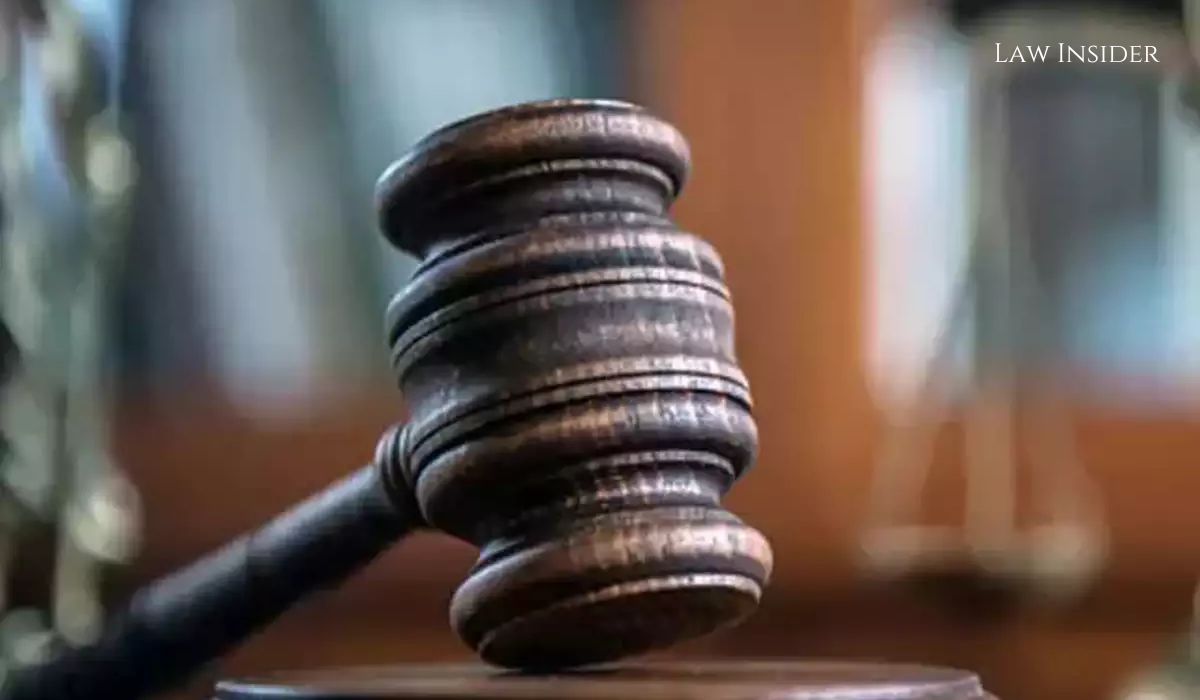Bhuvana Marni
Published on; October 13, 2022 at 11:49 IST
The Ram Janmabhoomi case included a Constitution Bench that on Wednesday issued a ruling on the validity of the Places of Worship Act of 1991. The Supreme Court ordered the Centre to state its position on this issue.
The identity and character of religious locations as they were on August 15, 1947, are protected by a 1991 legislative statute.
The Supreme Court’s Ayodhya decision determined that the 1991 Act spoke “to our history and to the future of the nation… In preserving the character of places of public worship, the Parliament has mandated in no uncertain terms that history and its wrongs shall not be used as instruments to oppress the present and the future”.
The government’s Solicitor General, Tushar Mehta, said on Wednesday that the Ayodhya judgment’s criticism of the 1991 Act would not prevent the court from now assessing the statute’s validity when asked for his “personal opinion” by a bench chaired by Chief Justice of India U.U. Lalit.
“That [Ayodhya judgment] was given in a different context and may not cover the issue here,” Mr. Mehta gave his opinion.
For petitioner Ashwini Upadhyay, senior attorney Rakesh Dwivedi claimed that the statements made in the Ayodhya judgement were mere “obiter dicta” and had no force of law.
For petitioner Vishwa Bhadra Pujari Purohit Mahasangh, attorneys P.B. Suresh, Vipin Nair, and Vishnu Shankar Jain asserted that the Constitution Bench’s decision in the Ayodhya case did not call into question the validity of the 1991 Act.
Numerous petitions against the Act have been submitted to the Supreme Court, alleging that it illegally set the cut-off date of August 15, 1947, and prohibited Hindus, Jains, Buddhists, and Sikhs from contacting the courts to “re-claim” their places of worship that had been “invaded” and “encroached” upon by “fundamentalist barbaric invaders.”
The main objective of these petitions is to set right a “historical wrong”.
The court’s willingness to put the legislation to the test is relevant in light of recent events in courts in Delhi, Varanasi, Mathura, and the Supreme Court that examine the legal restrictions imposed by The Places of Worship (Special Provisions) Act of 1991.
A Delhi civil court recently dismissed a lawsuit to “restore” alleged Hindu and Jain temples inside the Qutub Minar complex, citing remarks written regarding the 1991 Act in the Ayodhya ruling.
“Every endeavor should be made to enforce the objective of The Places of Worship Act… Our country had a rich history and seen challenging times. Nevertheless, history has to be accepted as a whole. Can the good be retained and bad be deleted from our history?” the civil court had asked in November 2021.”

